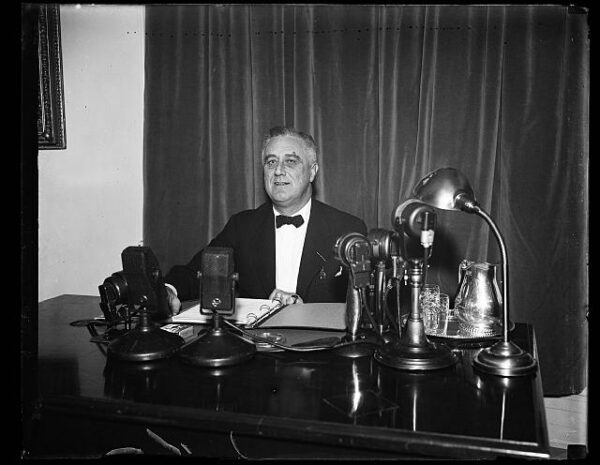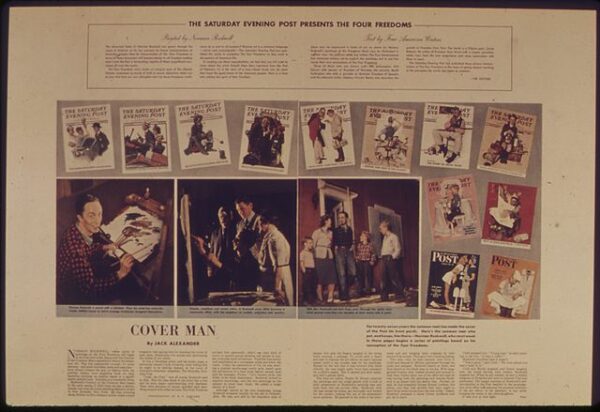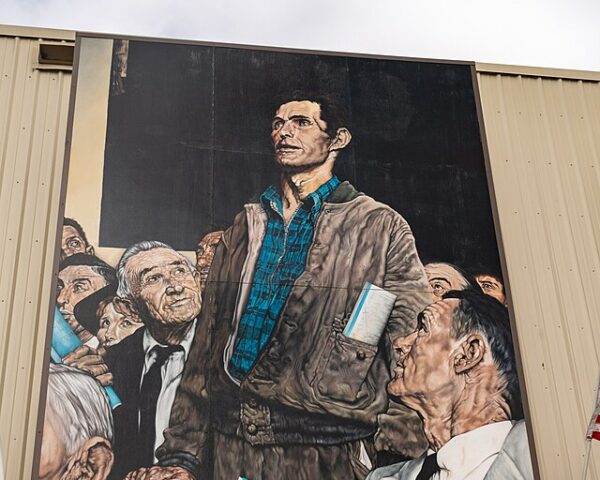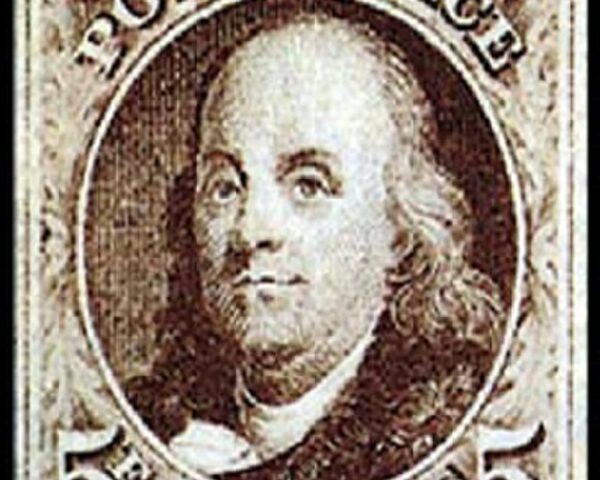Franklin D. Roosevelt’s Fireside Chats were a series of radio broadcasts delivered by the 32nd President of the United States to the American people during the turbulent years of the Great Depression and World War II. FDR used this innovative form of communication to establish a direct and personal connection with the citizens, bringing the highest office in the land into their living rooms and fostering a sense of unity and reassurance.
The term “Fireside Chats” originated from the informal and intimate tone of Roosevelt’s broadcasts, which aimed to create a feeling of a private conversation by the fireside. The first of these chats took place on March 12, 1933, just days after Roosevelt’s inauguration, at a time when the nation was grappling with economic despair and uncertainty. The radio, being the dominant medium of communication in that era, provided a platform for FDR to reach a broad audience and convey his messages directly to the American people.
One key element that set the Fireside Chats apart was Roosevelt’s ability to speak in clear and accessible language. His warm and confident voice reassured listeners and made complex issues understandable to the average citizen. Through these chats, FDR explained his policies, such as the New Deal, in a way that resonated with people from all walks of life, fostering a sense of national purpose and solidarity.
During the Great Depression, Roosevelt addressed the nation’s economic challenges, explaining his plans for recovery and reform. He discussed banking issues, agricultural policies, and social programs, assuring the public that the government was taking action to alleviate their suffering. By directly addressing the concerns of everyday Americans, FDR was able to instill a sense of hope and confidence in the face of adversity.
As World War II unfolded, the Fireside Chats evolved to address the international crisis. Roosevelt used the broadcasts to inform the nation about the war’s progress, the sacrifices being made, and the broader global context. These talks served as a source of information and a means to bolster morale and maintain a sense of national unity during a challenging time.
The Fireside Chats were more than just informative broadcasts; they played a crucial role in shaping public opinion and garnering support for Roosevelt’s policies. The personal and empathetic tone of the chats created a connection between the president and the people, fostering a sense of trust in the government’s ability to navigate through turbulent times.






